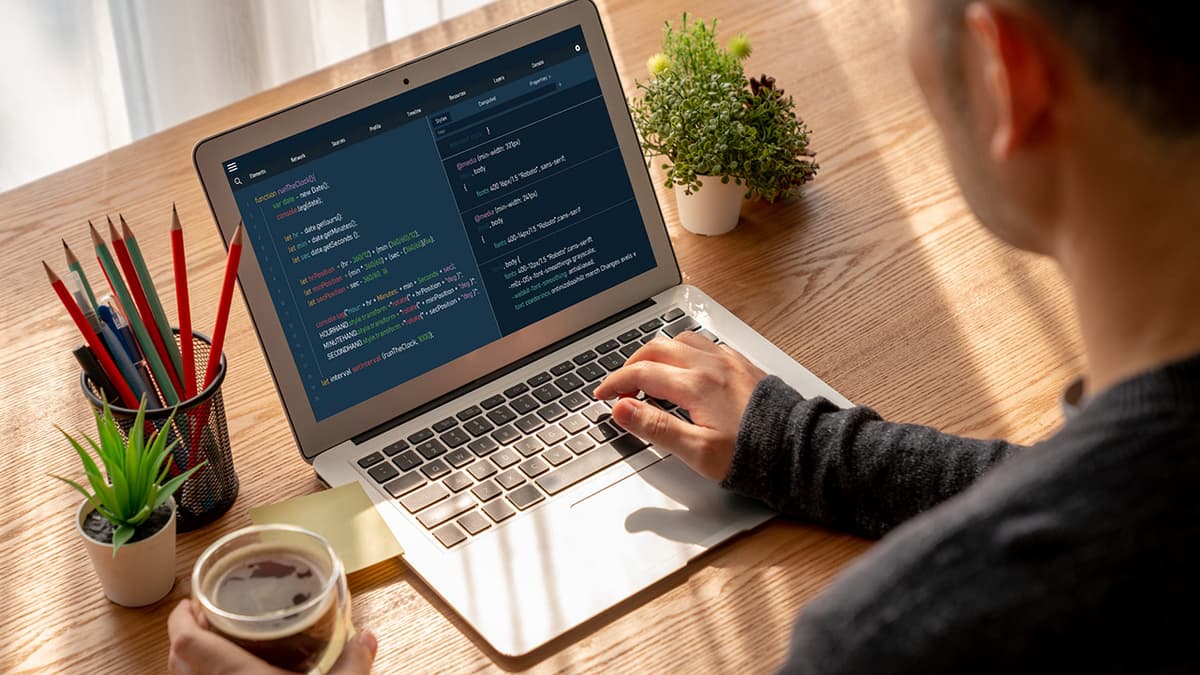Discovering Lightbox JS: Your Ultimate Guide
Lightbox JS enhances website visuals with interactive pop-up boxes for images and videos. This JavaScript library is popular among web developers for creating engaging galleries and slideshows. This guide outlines the essentials of Lightbox JS and how you can use it to create attractive lightbox effects on your own site.
Understanding the Basics of Lightbox JS
What is Lightbox JS? It is a JavaScript library that allows developers to present images, videos, or other content in an overlay pop-up window. This format keeps user attention and provides a smooth way to view multimedia without leaving the main page.
Lightbox JS stands out for its immersive experience, featuring smooth transitions and responsive design. The background fades, directing the viewer’s focus solely to the lightbox content.
Getting Started with Lightbox JS
How do you add Lightbox JS to your website? Start by including the necessary files in your project. You can download the library from the official Lightbox website or use a content delivery network (CDN) link.
After linking the Lightbox JS files to your HTML document, initialize the library and define the elements to display. For instance, to create a simple image gallery, assign the lightbox class to your image links:
Html
This easy setup transforms a collection of images into a striking gallery that activates on user interaction.
Customizing Your Lightbox Experience
How can you personalize your lightbox? While Lightbox JS offers basic functionality, you can enhance the user experience by adjusting styles and settings.
You may change the overlay color, animation speed, or close button style for a consistent look that matches your site. Advanced features like gallery navigation, caption display, and keyboard shortcuts further improve usability and interactivity.
Best Practices for Lightbox Implementation
What are the essential guidelines for enhancing Lightbox JS on your site? Here are key practices to follow:
-
Optimize Images: Use appropriately sized images and consider lazy loading larger galleries to improve loading speed.
-
Accessibility Matters: Ensure features like keyboard navigation and screen reader compatibility are in place for effective user interaction.
-
Mobile Responsiveness: Test your lightbox on various devices and screen sizes for a seamless experience across platforms.
Implementing these best practices helps create a captivating and user-friendly browsing experience.
Exploring Advanced Lightbox Techniques
What innovative options does Lightbox JS offer? The library allows creative content showcasing beyond basic image and video displays. You can try modal pop-ups, interactive overlays, or dynamic loading effects for added engagement.
Combining Lightbox JS with libraries like jQuery or frameworks like Bootstrap also enhances functionality and optimizes workflow. This synergy unlocks various effects and animations to elevate your website's creativity.
Troubleshooting Common Lightbox Issues
What common challenges might arise with Lightbox JS? Issues like improper sizing, unresponsive behavior, or compatibility problems may occur. Refer to the official documentation or seek help from online forums and development communities for troubleshooting.
Addressing these technical hurdles will help you enhance your skills as a web developer and maximize the potential of Lightbox JS in your projects.
Lightbox JS is a flexible tool for modern web development. It provides an elegant way to showcase images, videos, and multimedia content. Mastering Lightbox JS fundamentals and exploring advanced techniques can elevate your site’s visual appeal and engage your audience with interactive effects. Stay creative to craft experiences that stand out.












